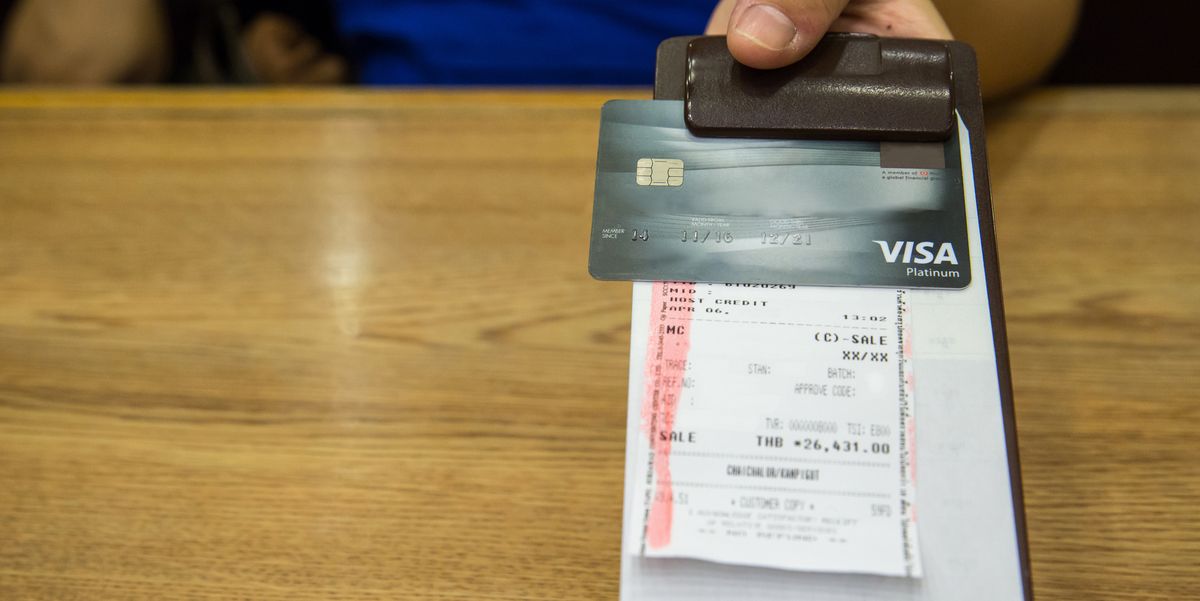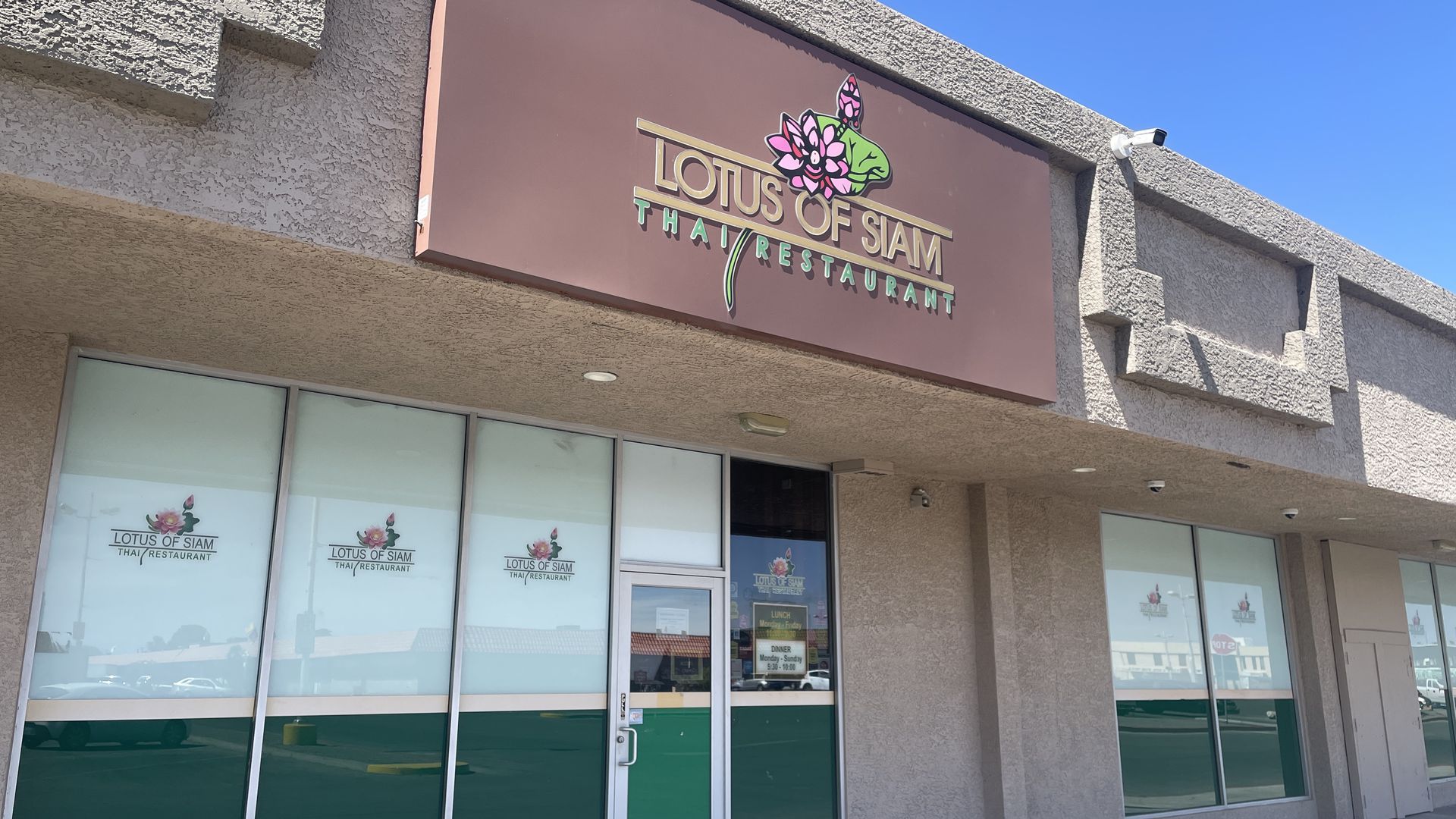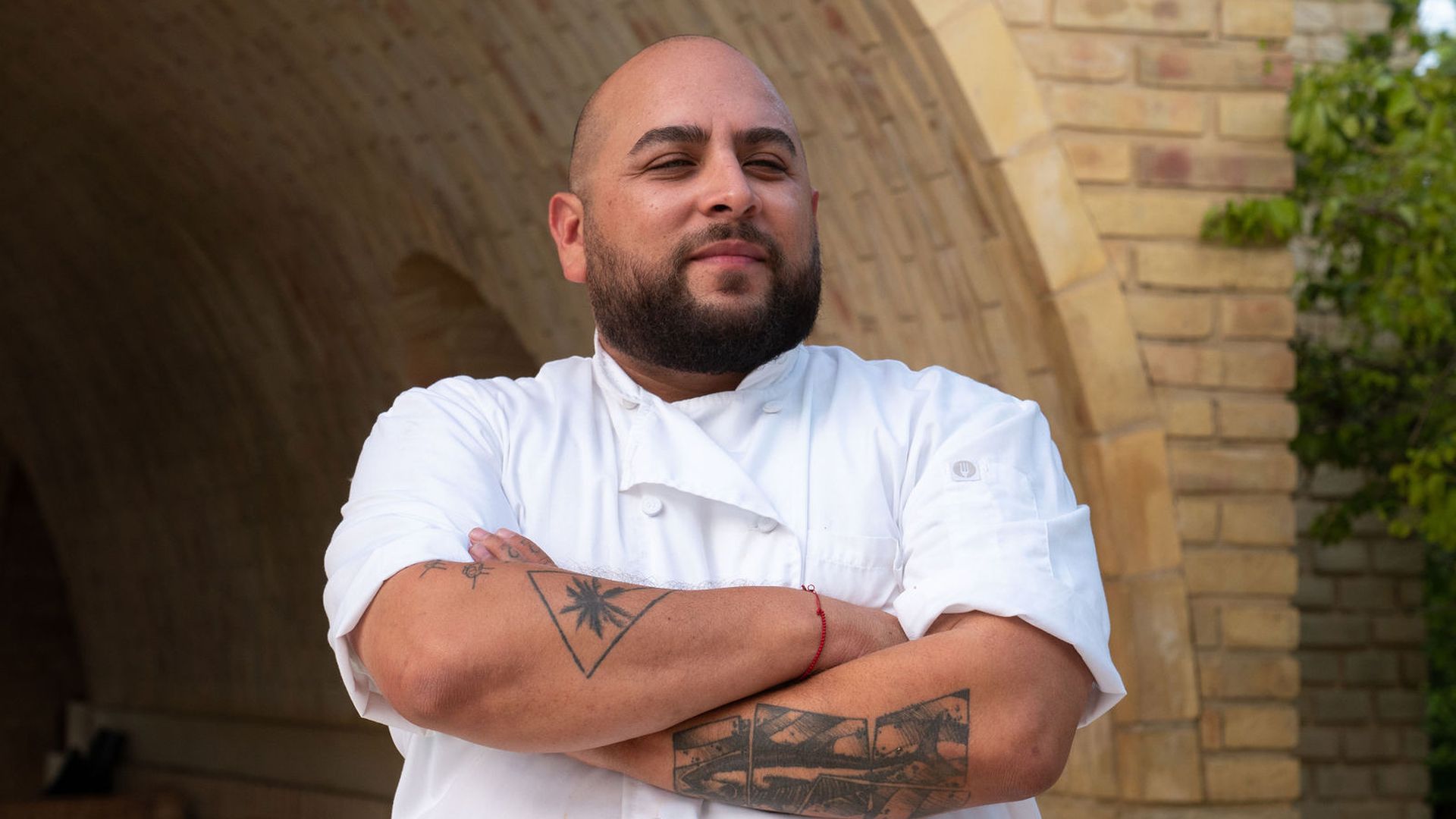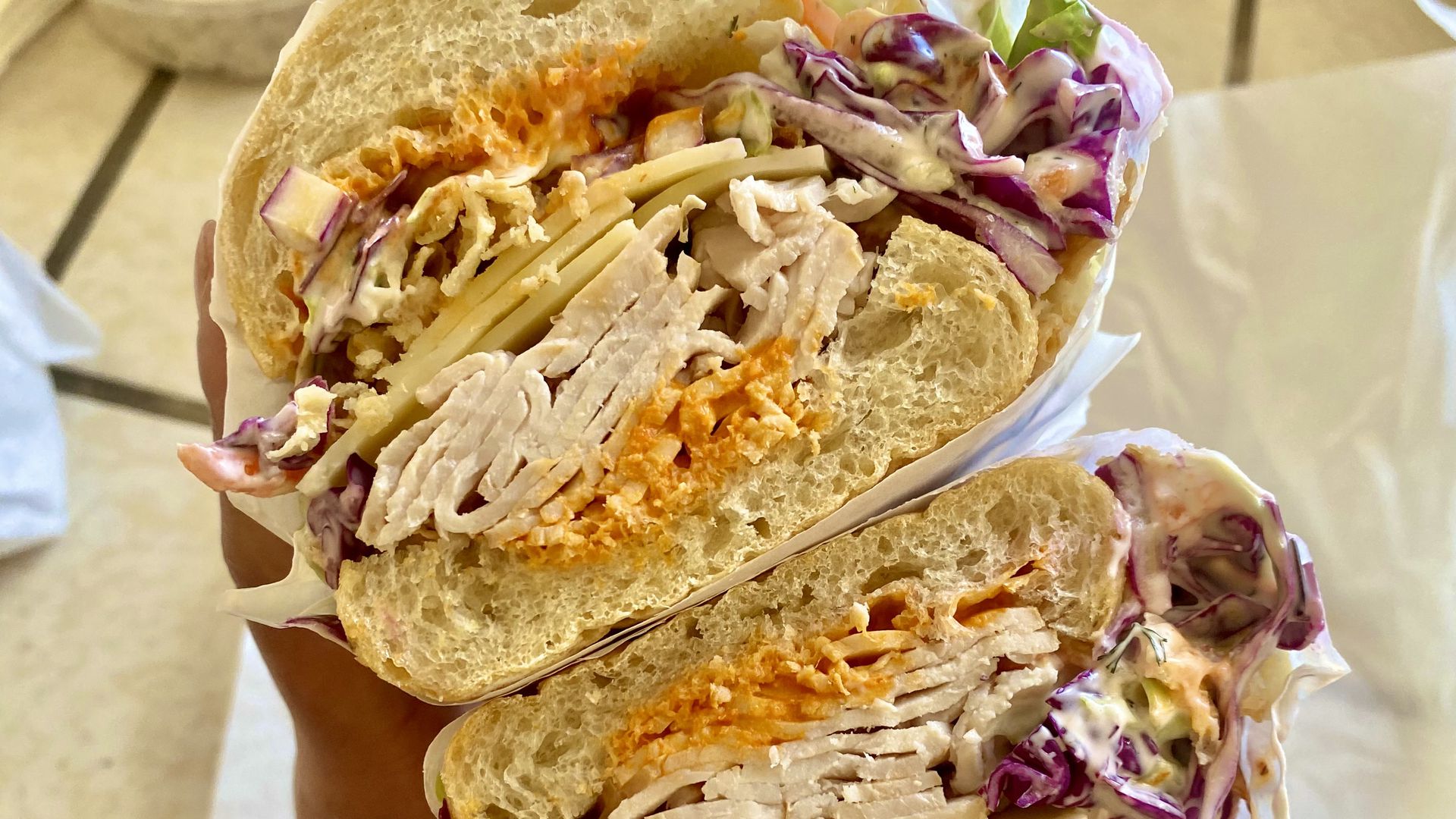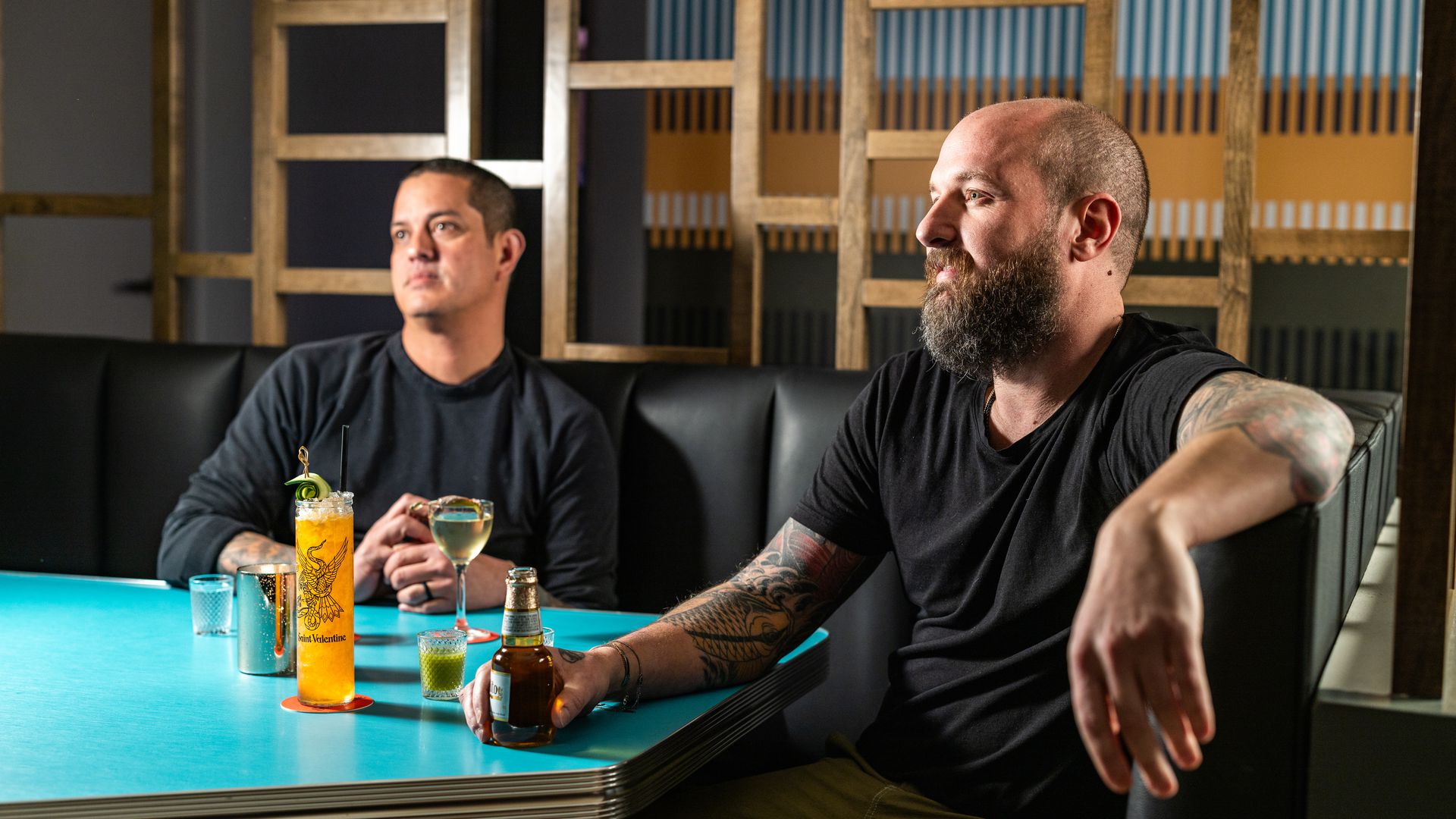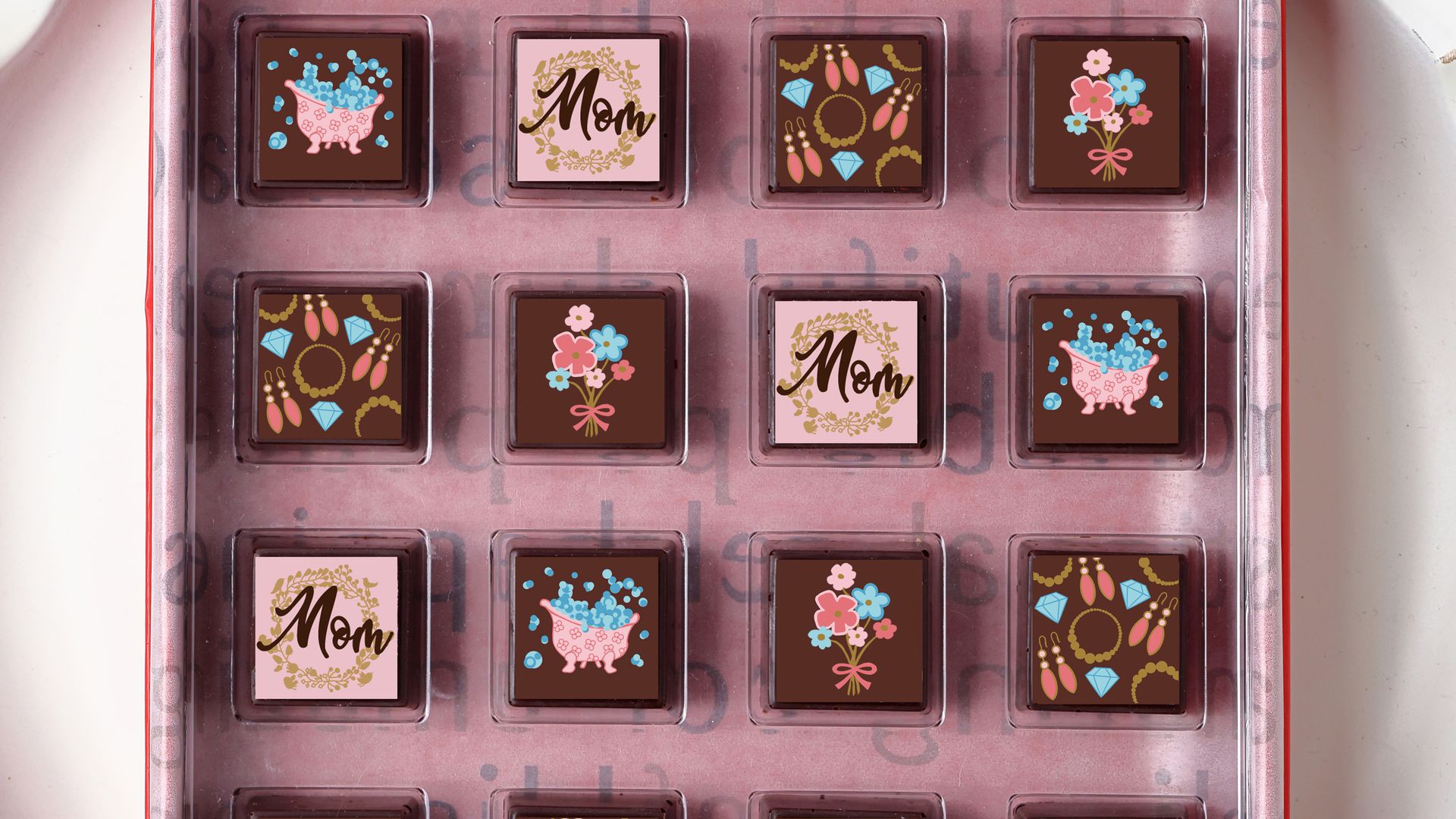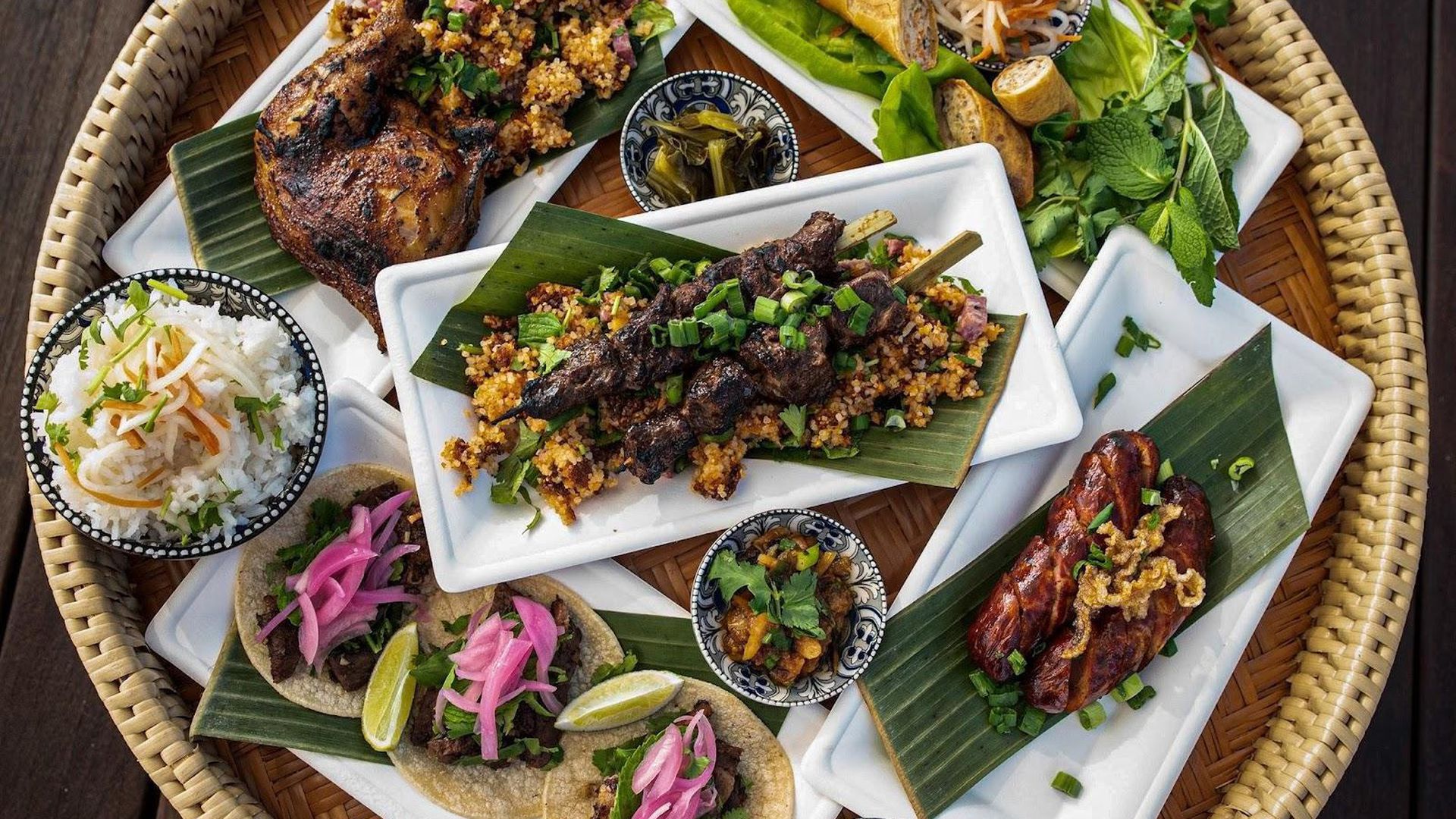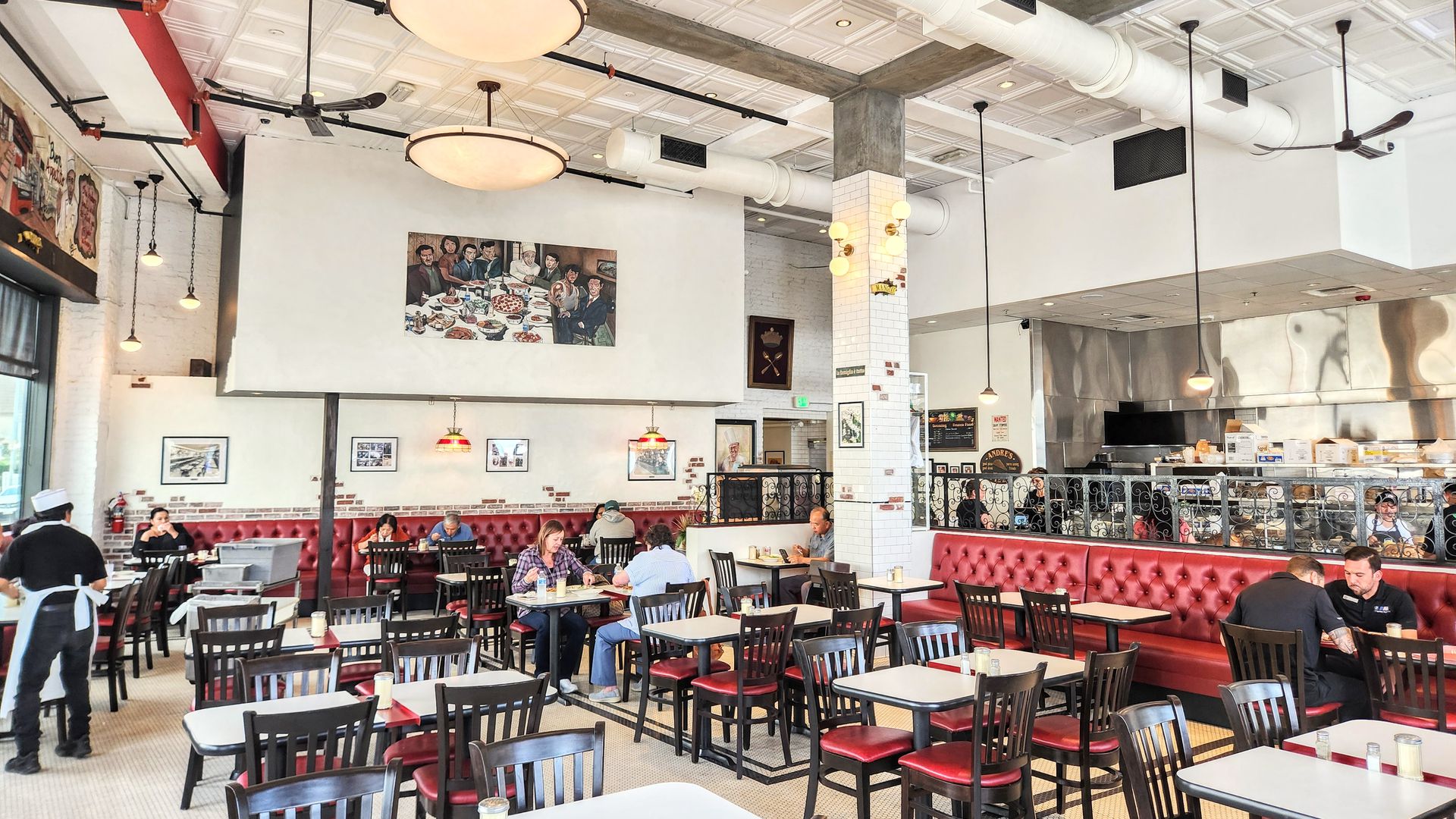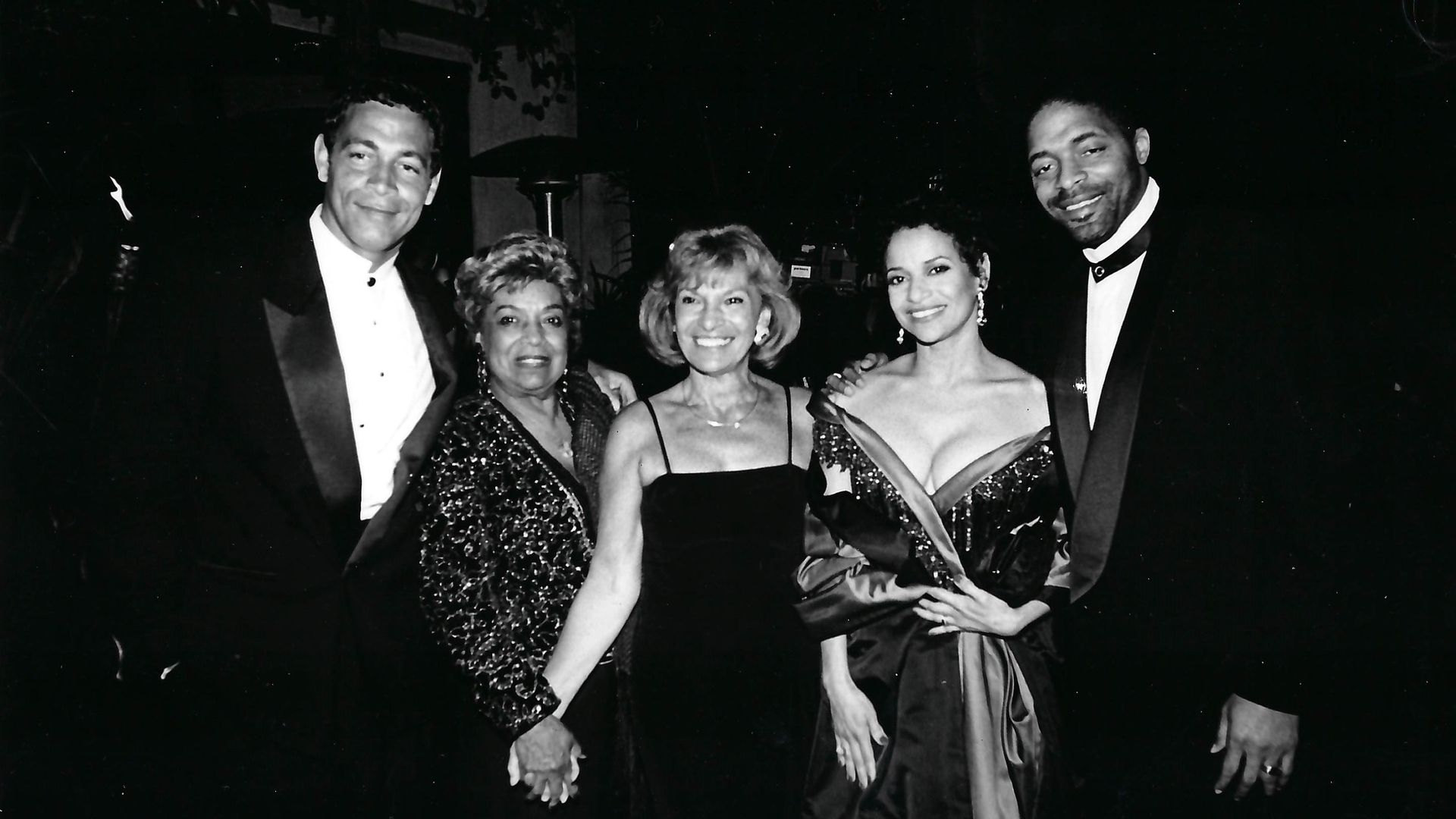
THE NIGHT O.J.’S ‘DREAM TEAM’ CELEBRATED AT GEORGIA
Georgia restaurant, with its painted palms, hand-cut sconces, mahogany floors, white tablecloths, and celebrity investors, became a popular destination for a diverse crowd when it opened in 1993. During the trial of O.J. Simpson, Johnnie Cochran, who passed away in 2005, and the team of lawyers representing Simpson, were regulars at Georgia. With Simpson’s recent passing, co-owner Brad Johnson recalls the reaction to the verdict, and the impact on the restaurant that evening.
The loudspeaker at the offices of the Motion Picture Corporation of America, where I worked, echoed repeatedly through the top floor, “Brad Johnson, Johnnie Cochran is on line one.”
A few hours had passed since the verdict in the O.J. Simpson case had been announced, and many watched as the country’s reaction primarily broke along racial lines. “Hey Brad, it’s Johnnie, we’d like to hold the victory party at Georgia tonight,” he offered in a subdued, relieved tone. Sensing my momentary hesitation, he quickly added, “O.J. is doing something at Rockingham, he won’t be in attendance.” Relieved O.J. would be in Brentwood, I congratulated Johnnie and said I wanted to give a couple of my partners a heads-up before saying yes.
I reached out to Norm Nixon and a couple of our other prominent partners, and we all agreed that, as a business, we should not discourage them from having their victory dinner at the restaurant. During the trial, Simpson’s defense team of Johnnie, Carl Douglas, Shawn Holley, Alan Dershowitz, F. Lee Bailey, Barry Scheck, and a rotating group, convened over dinner at Georgia regularly after long days in the courtroom. It seemed quite natural the restaurant would be their pick to celebrate their legal victory. I called Johnnie back and said we were a go, got the details, and made plans for the night accordingly. Thinking the opportunity to be one of the first news people to have an exclusive with Johnnie would be appealing, I called my friend Pat Harvey who, at the time, was an anchor for local Los Angeles news station KCAL 9. I let Pat know when Johnnie would be arriving and that he had agreed to her doing an interview from the restaurant.
Georgia was in its planning stages, during the aftermath of the trial that acquitted the officers in the Rodney King case, and the ensuing 1992 LA uprising that followed the verdict. In the wake of the uprising, the polarization was clear in the City of Angels: LA’s mood had noticeably shifted. The racial tension was thick. The reaction to the verdict was broadcast to the entire nation as South Los Angeles went up in flames. In the aftermath, there was lingering anger — about the ripple effects of systemic inequality, the brutally militarized Los Angeles police force, and the city’s inability to hold its officers accountable for their actions.
Our initial plans to have Edna Lewis, known as the grand dame of Southern cooking, come to Los Angeles fell through, due to an illness in her family. Soon after opening, things did not work out with our starting chef, Jeanette Holley. Undeterred, legendary chef and James Beard Cookbook Hall of Fame honoree Joe Randall and New Orleans-based chef-restaurateur Richard Hughes joined to assist our executive chef Dave Danhi in the pursuit to celebrate Southern cuisine in an elegant setting. We wanted Georgia to model the experience at groundbreaking NYC Theater District restaurant Jezebel, founded by pioneering restaurateur Alberta Wright, which captured the zeitgeist and Black theater crowds who came to see shows like Dreamgirls and Bob Fosse’s Sweet Charity. Opened in 1983, with its low-country menu, Warhol art, and crystal chandeliers, Alberta set a new standard for the African American culinary experience.
“In the wake of the riots, the polarization was clear in the City of Angels: LA’s mood had noticeably shifted.”
Norm and I were purposeful in pulling together a diverse group of investors, including Denzel Washington, Lou Adler, talent manager Sandy Gallin, Eddie Murphy, Kareem Abdul-Jabbar, along with model, artist, and aspiring restaurateur Alvin Clayton (Alvin & Friends New Rochelle NY), among other prominent Angelenos. We were intentional about also hiring staff whose representation was broad, hopefully enabling the restaurant to attract a wide customer demographic.
What better place to offer some healing than a restaurant, at least, that was what we hoped. When Georgia made its debut in 1993, the city seemed ready to embrace what we were offering. On one night in particular, Rosa Parks, mayor Richard Riordan (who had recently succeeded mayor Tom Bradley), and Madonna all dined separately, along with a room full of faces that reflected what we had hoped for. For me, this was early validation that we were doing something right. Clayton, who worked the front desk with me, and I looked at one another and nodded in agreement at the significance of what we were witnessing, given the diversity of the people who dined with us that night.
A couple of years later, on the night of the Dream Team celebration, October 3, 1995, Johnnie arrived early. Pat Harvey had already set up for her interview in our event space adjacent to the main dining room. As Johnnie and Pat began taping, I looked in and watched the monitor that showed the interview live to local television viewers. Displaying at the bottom of the screen, the closed caption read “Live from Georgia Restaurant.”
After watching for a couple of minutes, I walked back into the dining room. The crowd was arriving. I realized our phone lines were ringing off the hook. The normally cool hostess was unusually frantic. I went over to her, and she was in tears. “What’s wrong?” I asked as she handed me the phone. “You have to hear this, it’s one call after another.” I punched a line and heard an ominous voice “You f---ing [N-words], we are going to blow that f---ing place up.” Every line, nonstop, the same thing, call after call for more than an hour; it did not let up. Debbie Allen, who was also a partner in the restaurant, was nearby. Rocked by what I was hearing, I asked Debbie to take the phone. Both of us stood shaking our heads in disbelief.
Of course, given the racial dynamics and allegations of gender-based violence involved with the case, we understood the potential for blowback and that accommodating Johnnie and his team on that evening carried some risk. With Simpson not in attendance, though, I thought the risk might be mitigated. By this time, another newsperson had arrived and was outside the restaurant, passing the microphone back and forth between Black and white passersby, each side emotional in their reaction to the verdict. The tense responses almost incited a fight outside. The night carried on, and, thankfully, other than stress from rattled nerves, no one was hurt at the restaurant.
Still, I can’t forget the seething hate in the callers’ nameless and faceless voices. Experiencing this type of hostility can shake you to your core with fear. It was disheartening and alarming to be confronted with the reality that those harboring such hate could be living next door or even sitting one table over. There was no way to know how many guests we lost by having Johnnie and his group in the restaurant that night. In a twist of irony, we had hoped for Georgia to be a place for people to unite. Instead, at least on this night, we were the nexus of inflamed emotions fueled by a racially charged, polarizing event. At the time, I wondered how the reaction directed at the restaurant may have been different if Spago or another place not having African American owners had been the chosen venue for the Dream Team.
“At their best, restaurants bring people together in social spaces to rub shoulders, celebrate, grieve, break bread, and feel a sense of community”
The divisiveness of the murder trial was front and center once again with Simpson’s passing, and I was reminded of this night at Georgia and the larger role restaurants play in our society. At their best, restaurants bring people together in social spaces to rub shoulders, celebrate, grieve, break bread, and feel a sense of community. The nuanced stories of where we are as a nation through the lens of restaurants, in particular restaurants owned by people of color, have for too long gone untold in a public forum. However, there is good news in the hospitality industry. Diversity and inclusion have been trending upward in the ownership, workforce, and dining rooms of restaurants, as well as in the media and organizations that report, recognize, and celebrate them.
While we too often hear how we are a nation divided, many restaurants, restaurant employees, hospitality entrepreneurs, and those who cover the culinary arts continue to be on the frontline in the effort to bend the arc of inclusion and tolerance toward progress. I applaud and encourage a sustained commitment to that effort.
2024-04-26T20:13:01Z dg43tfdfdgfd
